The leadership of the Liberation Tigers of Tamil Eelam (LTTE) remained obstinate in its separatist demand despite the efforts of the UN and other international players to broker peace in the last days of the war. Ordinary Tamils paid the price.
Long before the Sri Lankan Army crushed the LTTE’s resistance in mid-2009, leaders of the separatist outfit had enough opportunity to settle for peace. Their last chance came as late as May 2009. The international community had then offered safe passage for the leaders and even talked about arranging a ship to ferry them out of the troubled island. But the LTTE’s top leadership, primarily its leader Velupillai Prabhakaran, was adamant on staying put.
Had he heeded the advice of the international community, the loss of lives to the Tamil community from the months-long assault of the army would have been far lower. Ordinary Tamils ultimately paid the price for Prabhakaran’s folly.
According to Kumaran Pathmanathan (KP), the current head of the LTTE, there was hectic activity to stop the war. The UN and a Western country had intensified their involvement with both the sides, particularly the LTTE, as early as January 2009. Even a section of the outfit was prepared to accept the peace efforts.
Speaking to VK Shashikumar of Mediagrove – his first recorded video interview ever – KP said the peace efforts failed because “our side (LTTE), until the last moment, was (un)willing to support that.’’
The organisation had an inflexible stance on their demand for separation. “At the last moment, around 16 or 17 May (2009), or 15 May, they (UN and a foreign government) asked if they (some LTTE leaders) were ready to leave the country, they could send a ship and go somewhere.”
It was the last, and the most decisive, in a series of blunders committed by Prabhakaran. The involvement of Germany, Norway, America, Canada and Japan in the peace efforts is well-documented. What so far remained invisible to the public eye was the diabolical stubbornness of the LTTE leadership. (See Video)
“The international community gave us this opportunity for a peaceful settlement even after the 9/11 incident,’’ said Pathmanathan, but “we did not take it’’.
According to KP, the LTTE often used peace talks to buy time and rearm. Even the 2002 ceasefire was a ploy, not a genuine effort to obtain peace. “The LTTE at that time had won a battle, but it was in a very bad shape economically – food and everything. The outside world was different. After 9/11, the American President put very strict conditions and good network (to track terrorists). After 9/11, all armed struggles, armed movements become terrorist organisations. It was a big setback. After 9/11 we faced lots of problems.”
But LTTE did not use the opening to negotiate peace. And KP blames it all on Prabhakaran’s obstinacy. “Prabhakaran, he knew only one thing, and that is “Tamil Eelam” - separate state. He was not ready to negotiate this one…so with this dream he is gone.”
Also Read
LTTE lost the war by refusing to see post-Cold War realities

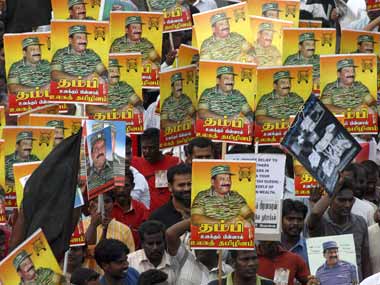)




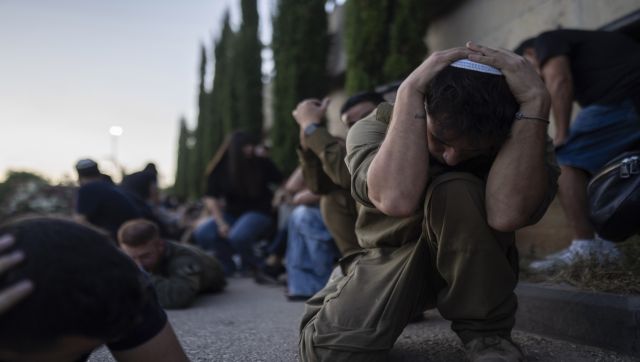)
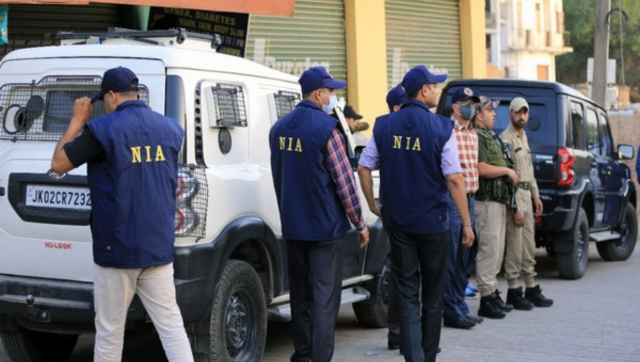)
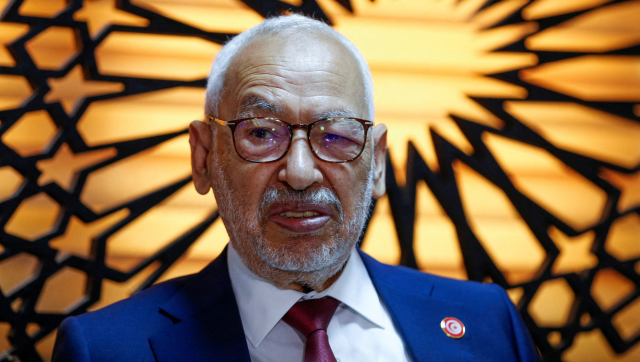)
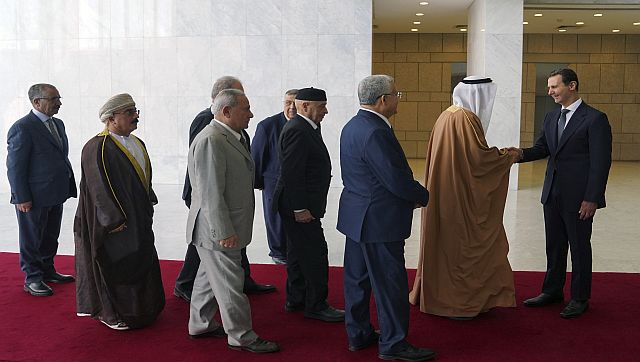)
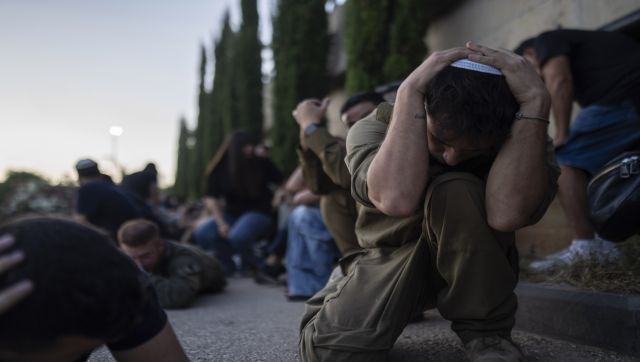)
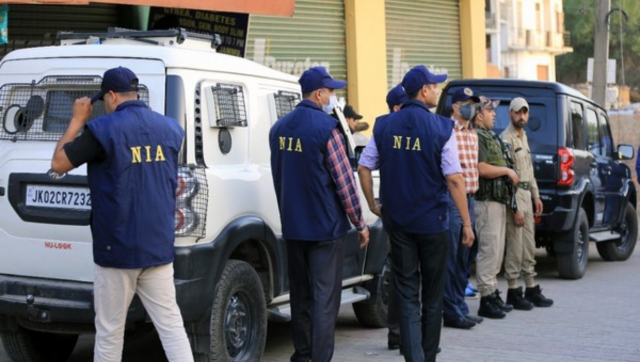)
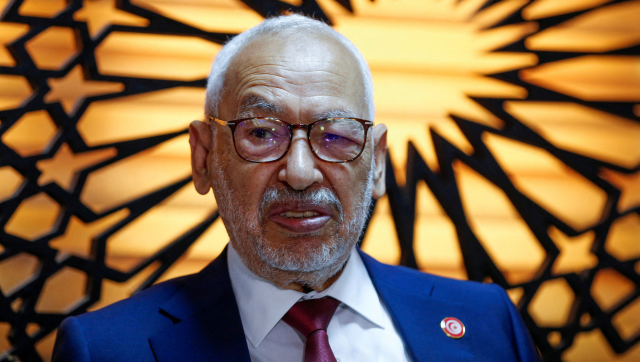)
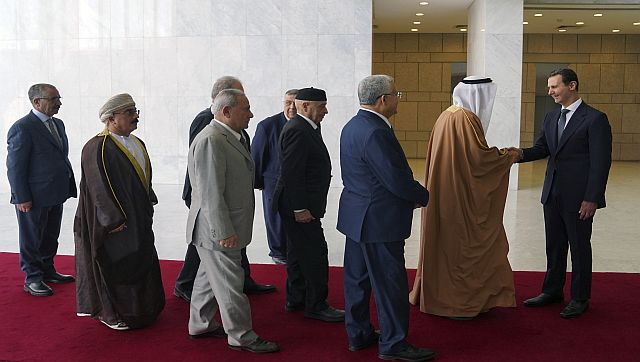)